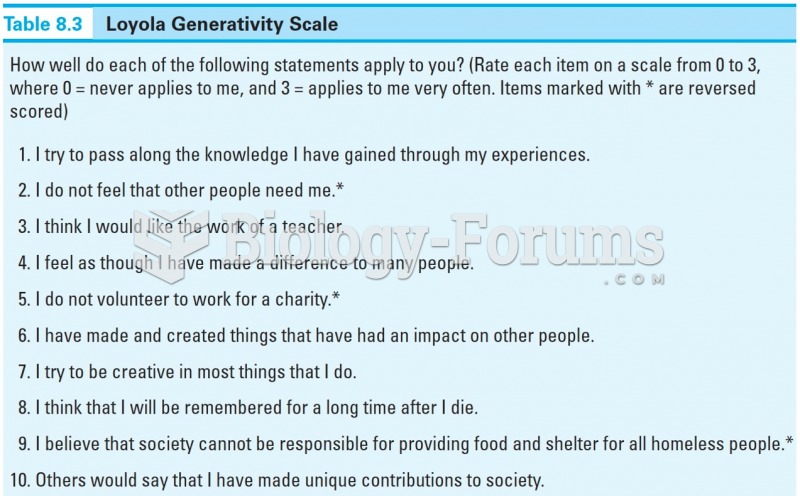This topic contains a solution. Click here to go to the answer
|
|
|
Did you know?
Only one in 10 cancer deaths is caused by the primary tumor. The vast majority of cancer mortality is caused by cells breaking away from the main tumor and metastasizing to other parts of the body, such as the brain, bones, or liver.
Did you know?
During the twentieth century, a variant of the metric system was used in Russia and France in which the base unit of mass was the tonne. Instead of kilograms, this system used millitonnes (mt).
Did you know?
Bacteria have been found alive in a lake buried one half mile under ice in Antarctica.
Did you know?
People about to have surgery must tell their health care providers about all supplements they take.
Did you know?
The most common treatment options for addiction include psychotherapy, support groups, and individual counseling.







